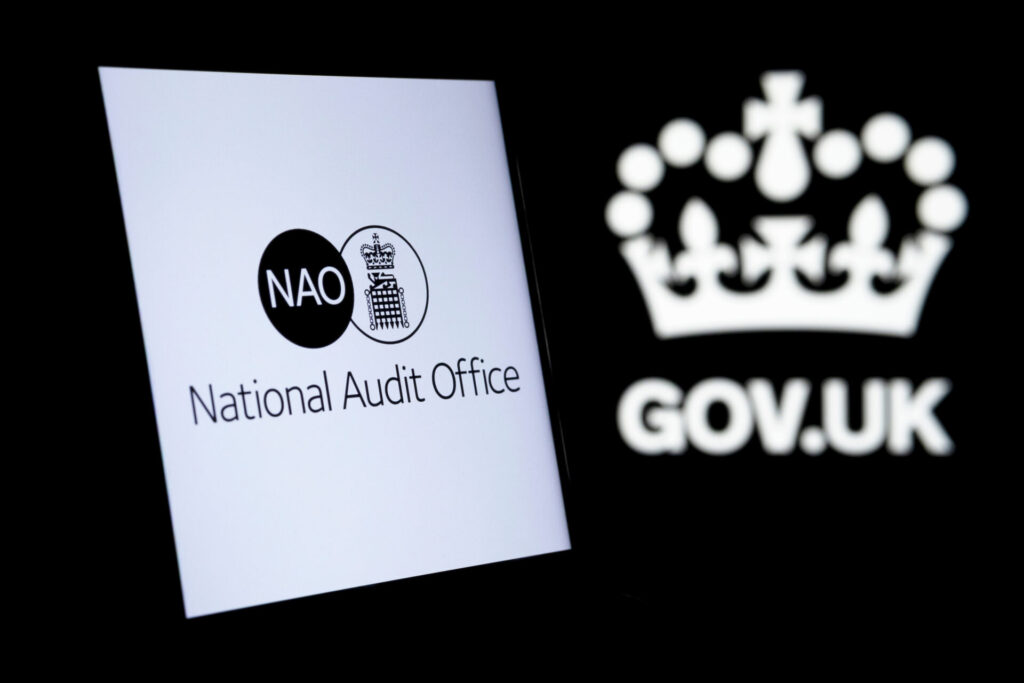More than a third of UK small businesses that do not currently export would consider selling to international markets, with the smallest firms showing the most interest, according to new research from the Federation of Small Businesses (FSB).
FSB’s Ready to Dispatch report found that 35% of small firms that do not export would consider doing so in the future. Among microbusinesses with fewer than 10 employees, this figure rises to 38%, compared to 20% for firms with 10-49 employees.
The research highlights the barriers preventing small businesses from entering international markets, with many identifying a need for more tailored support. The most requested forms of assistance include general information on how to start exporting (41%), market-specific insights (37%), and financial support for activities such as trade shows and translation services (34%).
Understanding regulatory requirements was cited by 49% of businesses as a factor that would improve competitiveness, while 42% pointed to lower delivery costs and 36% highlighted the need to tailor products or services to specific markets.
Half of current and prospective exporters said that sector-specific support would be the most valuable tool to help them increase trade. A further 44% wanted assistance targeted at specific international markets, while 37% said that personal interactions with trade experts would be particularly useful.
Currently, government support for UK businesses includes free access to International Trade Advisors and in-market Trade Advisors. However, this assistance is only available to firms with a turnover of £500,000 or more. The FSB is calling for this threshold to be lowered to £400,000 and for new services to be developed to help start-ups and smaller firms enter international markets.
FSB policy chair Tina McKenzie said: “You cannot get GDP growth without powering up small business exports. The untapped export potential within the small business community is immense but also provides the perfect ingredients to kick-start wealth creation, supercharging measures in the Government’s refreshed pro-growth agenda.
“Small firms that export tend to be the most profitable and innovative businesses. Our research shows clearly the big ambitions of small businesses – especially the smallest ones with the fewest resources – to grow overseas.
“While strengthening relationships with key trading partners such as the US and the EU, restarting Free Trade Agreement talks with India, and better connections to emerging markets through airport expansion are all welcome measures, there is a group of aspiring small exporters hoping to enjoy the benefits as these commitments get materialised in future – all they need is a springboard to new markets.
“Our members tell us better government export support will enable them to get their foot in exporting, and they most value tailored help. Allowing start-ups and the smallest businesses to access bespoke support will help grow our exports and the overall economy.
“The UK and EU must also look to address the unintended consequences of the Trade and Cooperation Agreement on small businesses and remove unnecessary trade barriers in the upcoming review in 2026.”
FSB has proposed several measures to boost exports from small firms, including an annual public report on progress made by UK Export Finance, an export development grant scheme modelled on Australian and Canadian funding programmes, and better integration of export guidance into early-stage business support. The organisation is urging the government to prioritise these steps in its upcoming Trade Strategy White Paper and Spending Review in June.












